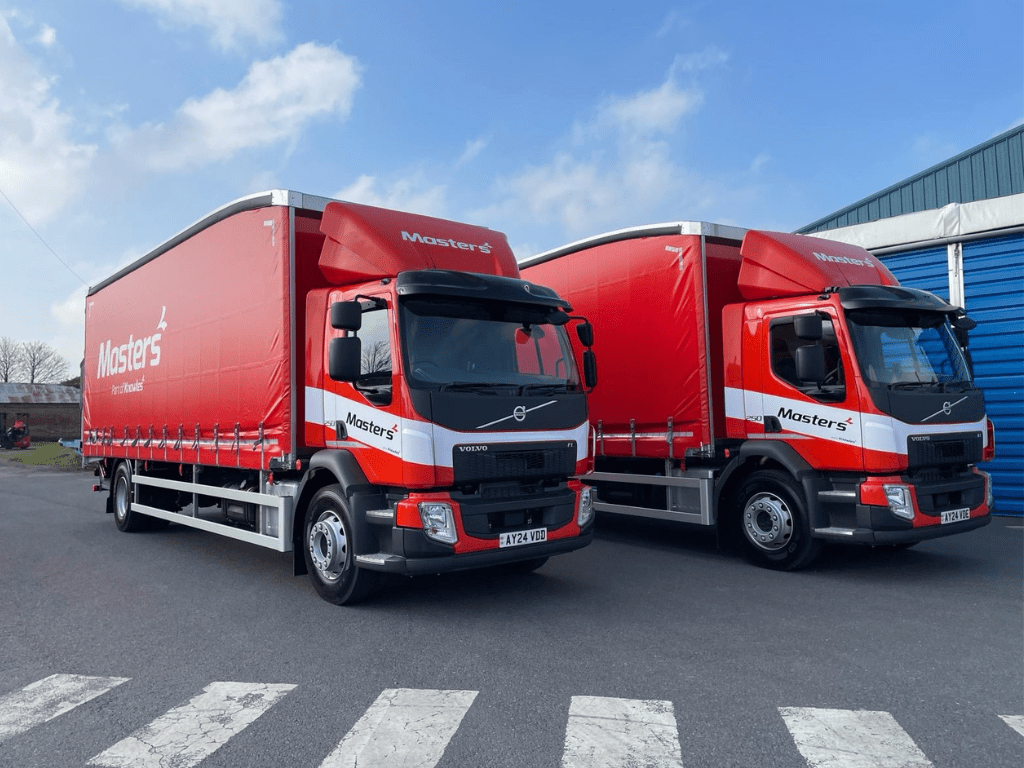You can’t fail to have noticed the vast shortage of HGV drivers we have suffered in the UK in the last couple of years. The Road Haulage Association (RHA) has been complaining about this for some time, and back in 2021 the Road Haulage Association reported a shortfall of 100,000 HGV drivers.
Many companies in various industries have also shared their frustration that they do not have enough lorry drivers to deliver and pick up products.
This shortfall in drivers has left shelves sitting empty and petrol stations running out of fuel – not because supplies are low, but because there are not enough HGV drivers to get these supplies to the locations they need to be in.
Is there a HGV driver shortage in 2024?
As of 2024, it’s believed that there is still a HGV driver shortage, but not as critical as it has been in previous years.
While the HGV driver shortage has eased from its most critical levels, it remains a persistent issue in the UK. According to recent data from the Office for National Statistics , there are still fewer delivery and courier drivers compared to previous years. This shortfall is exacerbated by the ageing driver population, with over half of HGV drivers aged 50 or older. As these drivers retire, the industry faces a potential future shortage unless new talent can be attracted and retained.
But where did this driver shortage come from?
The majority are very quick to say it’s Brexit or it’s due to Covid, which are both huge factors to the shortage, but it seems there is more to it. It is important to note that prior to Brexit or even Covid, The RHA reported that the UK already lacked 60,000 drivers. This is because as the demand grew, the number of drivers only remained steady, meaning that the workforce became increasingly stretched.
The UK did have help from EU drivers, who then became vital within the logistics industry. However, post-Brexit immigration changes and Covid-19 led to many drivers having to return to their homes. The logistics industry has pushed and pushed for a temporary worker visa for HGV drivers to allow EU drivers to come back and work in the UK; however, after the pandemic, it was suggested that even if the EU Drivers could come back, many wouldn’t, due to the working conditions, e.g., the long hours and poor wages.
So, what other factors could there be?
Retirement
The average age of a lorry driver is 55, with 1% being aged under 25 and 13% are over 60. It is fair to say that the haulage industry is an ageing workforce. According to the ONS data by Driver Require, the retirement rate has risen. In 2010, 7500 drivers retired, and in 2020 it was reported that 10,000 retired—4% of the drivers retiring every year.
However, before Covid, there were nearly three times more test passes than there were retirements, meaning that the workforce should have been growing. But the majority of those that did pass choose not to drive commercial HGV vehicles. Another setback for the industry.
Lockdown did not help with this either, as 30,000 test slots were lost, resulting in only 15,000 completing their training.
Working Conditions
There are nearly 230,000 HGV licence holders under the age of 45 in the UK, and they have decided not to work in the haulage industry. This could be for many reasons, the unsociable hours, salary rates, and moving to other sectors where they consider the opportunities to be greater.
Alex Veitch, a general manager of public policy at Logistics UK, stated that it is “imperative” that the government and industry listen to those who have left a career in HGV driving and act quickly. “Poor facilities such as safe, secure rest places are a key issue for many of these drivers.”
What has been done about the driver shortage?
The government announced back in 2021 changes to the HGV driver testing process, with the aim of getting more newly qualified people into the industry. Many haulage companies at the time repeated their needs for foreign drivers to be added to the Shortage Occupations list (prior to it being abolished and replaced with the Immigration Salary List in 2024), which allows them to qualify for a skilled worker visa.
Increasing pay and creating better conditions for the drivers helped with the shortage. The wages increased by 20% since the shortages, and many companies are competing for drivers. Aldi, Tesco, and Waitrose had taken steps such as offering joining bonuses and increasing the wage.
Here at Masters, we are fortunate to have a solid core of loyal drivers, but the industry as a whole has some serious issues which need addressing, and we are happy to play our part in that, whatever that may be.


Comments are closed